
Kalamazoo native is a force behind Gigwalk, a new cellphone app that puts iPhones users to work
On May 15, 2011 I was interviewed By Al Jones on Gigwalk at The Kalamazoo Gazette
Read Original Article

The interiew is pasted below as well...
The concept links iPhone users with small jobs they can do, quite often in their spare time. It links companies that need local data — like GPS service providers and online travel services — with a quick, less expensive way to get that data — and maintain the integrity of their services. It gives Kalamazoo native Matt Crampton and his partners one of the latest “I wish I’d thought of that” online enterprises. And it is just getting started. Gigwalk is a company started by Crampton, friend Ariel Seidman and computer software developer Dave Watanabe last July after each had worked for years in technology-laden and idea-fertile Silicon Valley. It is an interactive service that puts iPhone users to work doing usually small, fact-checking jobs for companies that need local data. And it pays them anywhere from $3 to $90 through PayPal to do those jobs. The pay depends on the complexity of the job. “Say, you’re a GPS company,” Crampton said during a telephone interview last week from Gigwalk’s offices in Mountain View, Calif. “You have customers that have your GPS units all over the place, and your headquarters is in Denver. You have a report that your GPS says to turn left somewhere in Philadelphia and let’s say you’re not allowed to turn there. There’s an error with your mapping data. What do you do?” Crampton said GPS companies typically have contracted someone to rent a truck that is GPS-enabled and go out to check their data. “That costs hundreds of dollars and it is slow,” he said. “Gigwalk has Gigwalkers — people with this app installed in their phones.” Companies post jobs on Gigwalk. iPhone users who have signed up and downloaded the app, agree to do the verification, using their phones to take pictures and answer questions the company needs answered. For a company that publishes restaurant menus online, for instance, a Gigwalk job may involve visiting a restaurant and photographing each page of the menu, then sending that in along with other information. Gigwalk makes money on the the per-job transaction fee it charges customers. Once an individual applies to be a Gigwalk, he or she sees a map full of tasks. The Gigwalk app pays users to walk around and verify data companies need in the surrounding area. The app, which can be downloaded from itunes.apple.com. Gigwalk enlists residents of the communities that companies serve, so it has the potential to grow, but so far it has been limited to bigger areas such as Los Angeles, San Francisco, Chicago, Boston, New York, Philadelphia and South Florida. “We saw a need for local information gathering that wasn’t being addressed elsewhere,” said Crampton, 32. Watanabe, who is chief of design for Gigwalk, built the iPhone application that allows the Gigwalk interaction, and Crampton, who is chief technical officer, built the server. Seidman is chief executive officer of Gigwalk. Including them, their company has six employees but is looking to hire more. Recently Gigwalk got an infusion of $1.7 million in seed capital from three investors, and on May 4 the service opened itself to allow companies and individuals to post jobs directly on gigwalk.com. Crampton said Gigwalk is building the ranks of Gigwalkers. He said they come from all walks of life and include teachers, accountants, real estate agents and others whose experiences make them lean toward some of the “gigs” that are posted. Based on the quality of work they do (good pictures and clear explanations) they earn credits, called “Streetcreds,” that allow them to take on more complex, better-paying jobs. Crampton is a 1997 Loy Norrix High School graduate. He was a part-time computer tech in high school and later studied information technology at Kalamazoo Valley Community College. “When I first got out of high school, I was installing credit-reporting software for the Credit Bureau of Kalamazoo,” Crampton said. Crampton caught the eye of AOL and was hired in July 2002 to work for the company on several project teams in California, including web development for AOL Shopping. He helped write the code that makes those web pages work. Crampton worked for AOL until July 2005, when he went to work for Yahoo. There, he was head of front-end engineering for Yahoo Hot Jobs, an online job-listing site. In July 2010, Crampton and Seidman, a production management executive for Yahoo, left the company to start Gigwalk. At Yahoo, Crampton befriended Seidman and the two often discussed possible business ventures. Joined by Watanabe, a friend of Seidman, the men left six-figure incomes to bankroll Gigwalk on their own. They attracted 10 clients and worked for five months to build their network of Gigwalkers in several large cities.
To: @mattccrampton
0
Other Posts
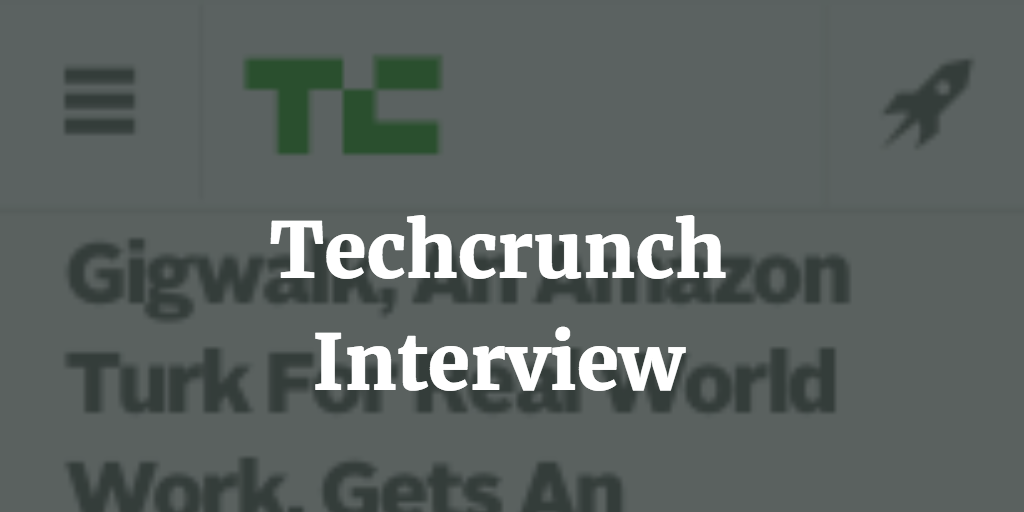
Techcrunch Interview on Gigwalk with Matt Crampton On Feb 20, 2013 I was interviewed by Sarah Perez on Gigwalk and the Gig Economy Read Article......

Salon.com Labormetrics Interview with Matt Crampton On 08-16-2013 I was interviewed by Andrew Leonard for Salon.com on labor and the Gig economy. Read Article The......
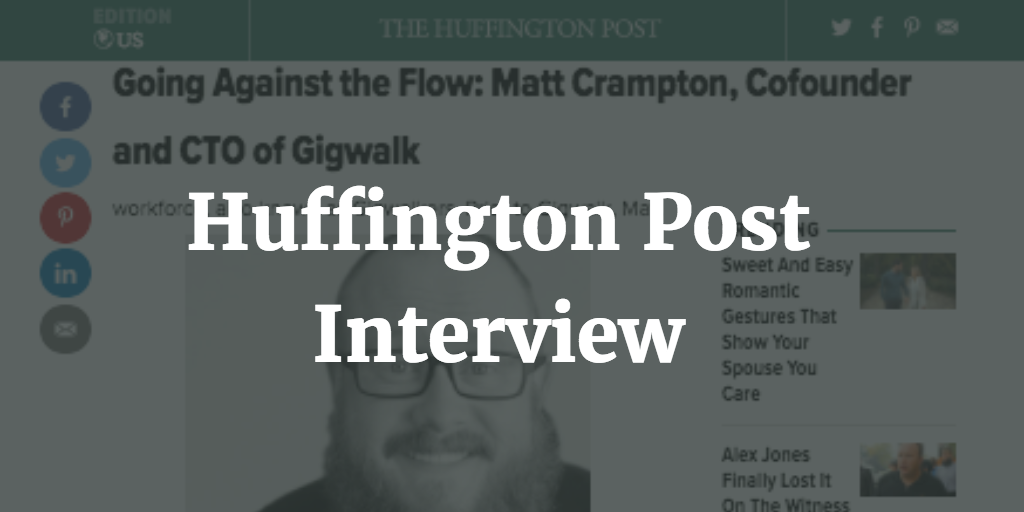
Huffington Post Interview with Matt Crampton On 03/16/2015 I was interviewed by Charu Sharma for The Huffington Post on Gigwalk and going against the flow.......

CBS Pulse Interview with Matt Crampton On April 11, 2016 I published an article on CBS Pulse on on-demand workers and the Gig Economy Read......
Silicon Valley Business Journal - Best CIO: Matt Crampton On June 20, 2014 I was nominated as best CIO by Silicon Valley Business Journal Read......

When exporting photos from a service like Flickr, perhaps after they've given notice that they're going to delete our photos if you don't subscribe to......
Other Software Development Blog Posts







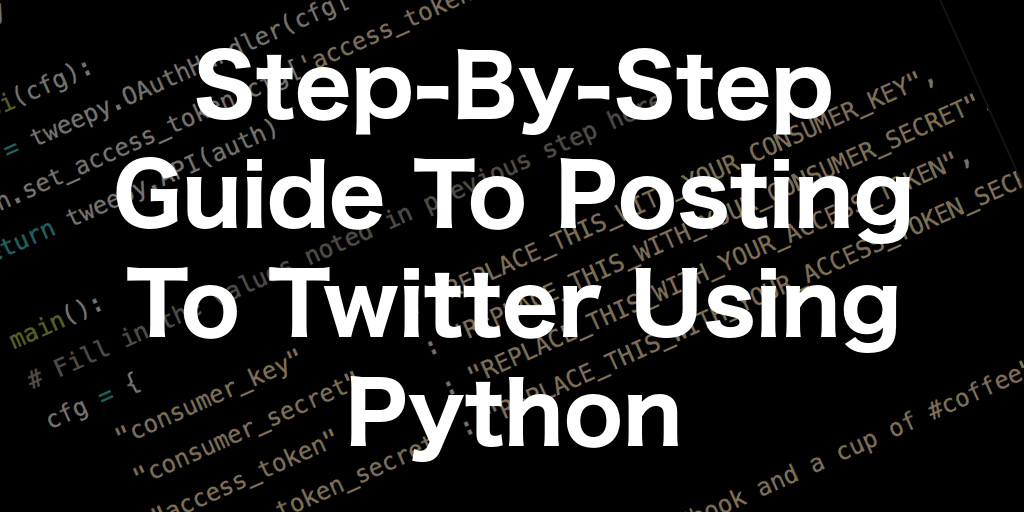







Other Blog Posts


Media Appearances


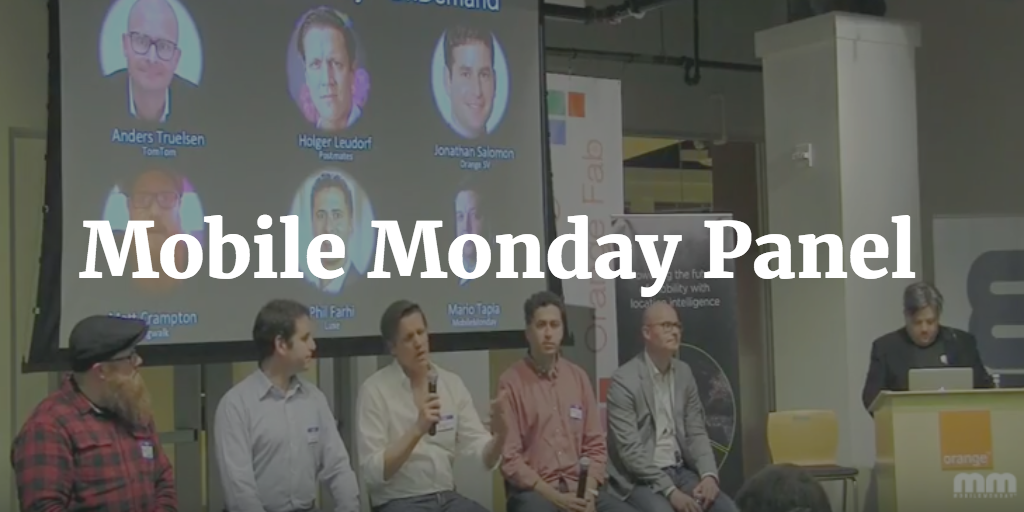
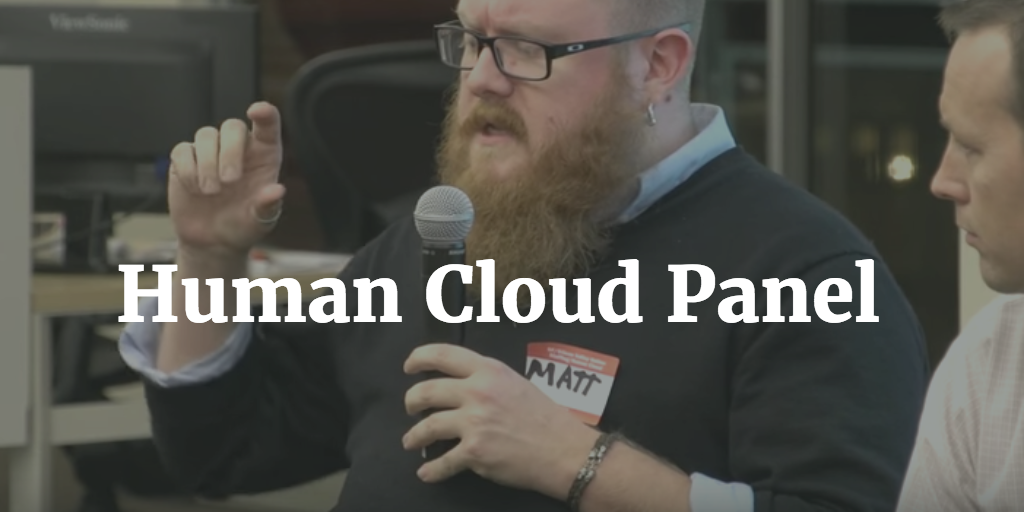


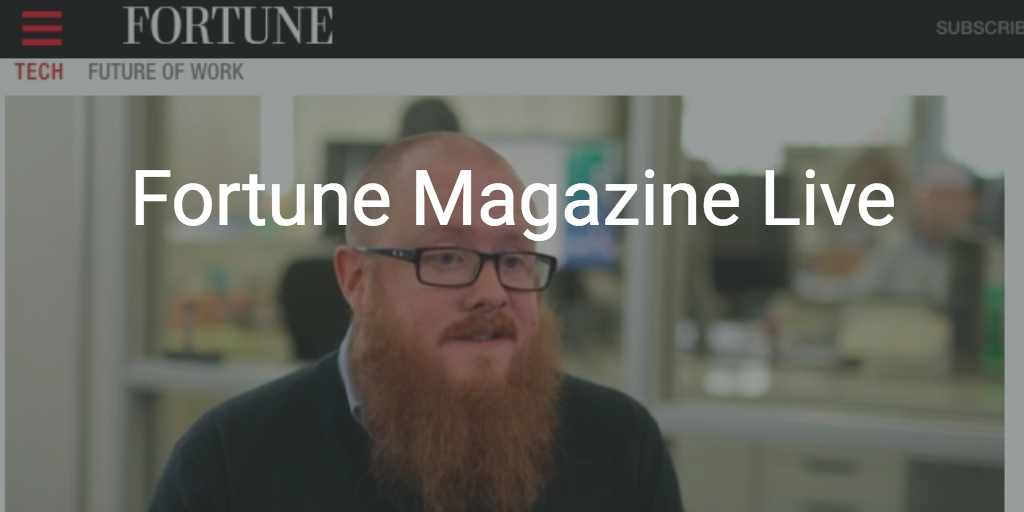


Print Interviews




